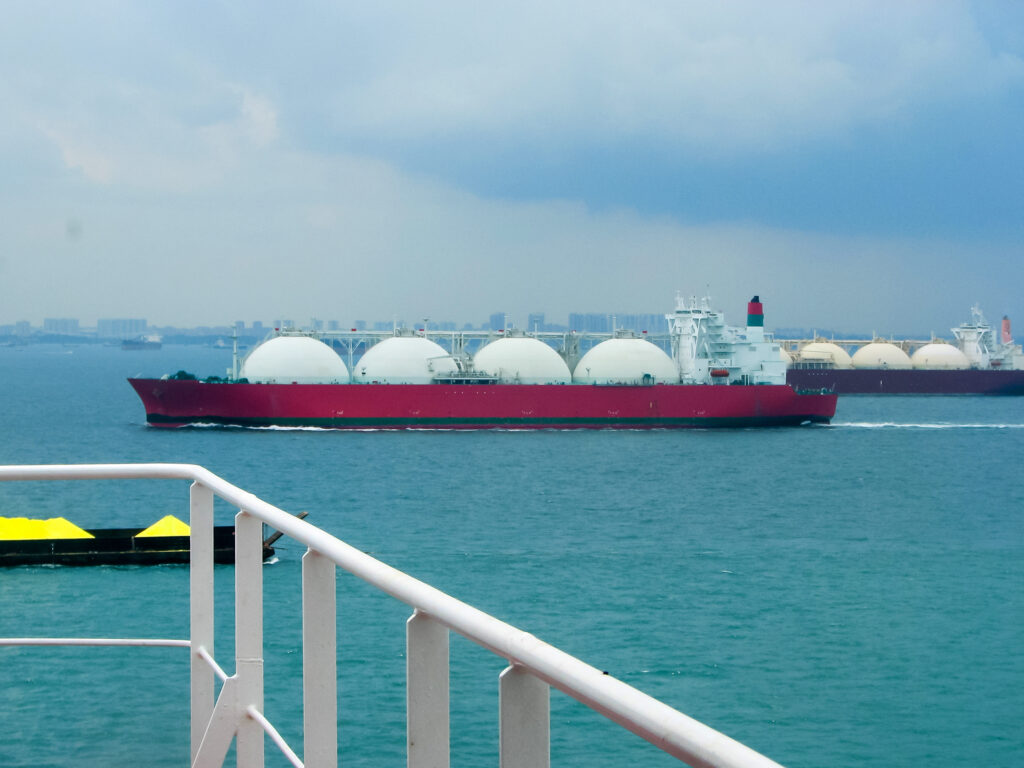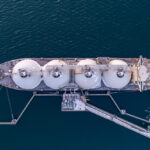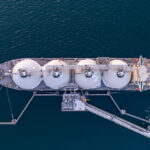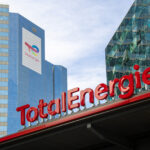( Oil & Gas 360) – TotalEnergies CEO Patrick Pouyanne has cautioned that Europe is facing a new energy reality and “must find a way to restore its energy competitiveness.”
The head of the French oil giant based his assessment of the continent’s energy squeeze on the loss of Russian gas from its war with Ukraine and steep production drops from the North Sea.
He said that the U.S. has a competitive advantage as the world’s biggest oil and gas producer and source of what he says is “the cheapest gas on the planet. ” He said U.S. LNG is a mechanism for countering the consequences of Russian and North Sea developments. He is urging a free trade agreement with the United States on energy.
He also lauded the American industry’s ability to grow production significantly while handling methane and other emissions, especially by publicly-held companies.
He cited America’s lack of carbon pricing as another American advantage. He said methane from oil and gas operations equates to four billion tons of CO2. The company has pledged to be Net Zero by 2050. TotalEnergies is doing that through hundreds of millions of dollars invested into carbon offsets.
Late last summer, the company invested $100 million in carbon credits in timberland in ten U.S. states east of the Mississippi River.
The company’s effort to offset emissions it cannot eliminate operationally by 2030 involves preserving and restoring natural carbon sinks such as timber, wetlands, and forests.
The seller is Aurora Sustainable Lands, which invested nearly $2 billion in 1.7 million acres of hardwood forests in seventeen eastern states.
The offsets market has been pummeled by oversupply and the need for solid science to account for their effectiveness. Prices over twelve dollars for offsetting each metric ton of CO2 in 2021 have sunk to less than a dollar.
Weyerhauser, said to be the largest owner of private land in the U.S., sold offsets for not harvesting Maine timber at nearly $30 a ton just last year. The name of the buyer has not been divulged.
New regulations may serve to bolster prices in 2026 when American companies will need to start reporting Scope 2 emissions to the Securities and Exchange Commission.
By Jim Felton for oilandgas360.com







